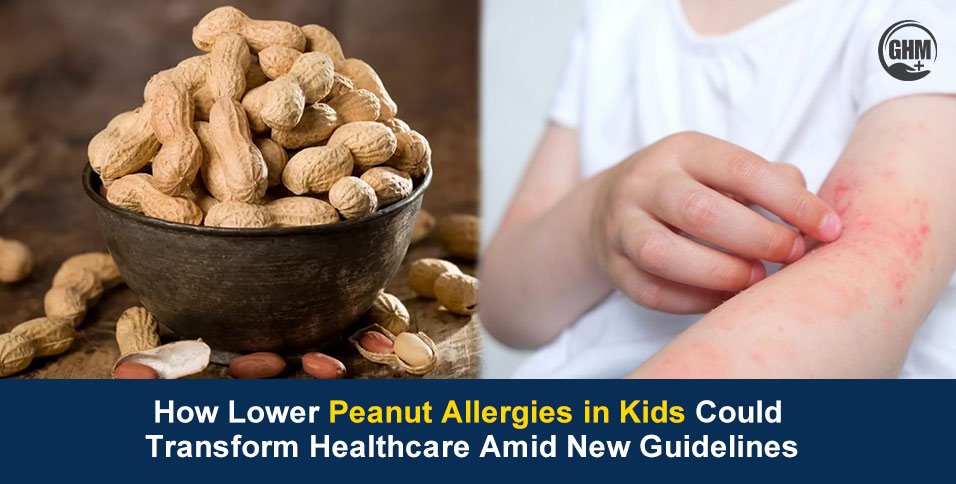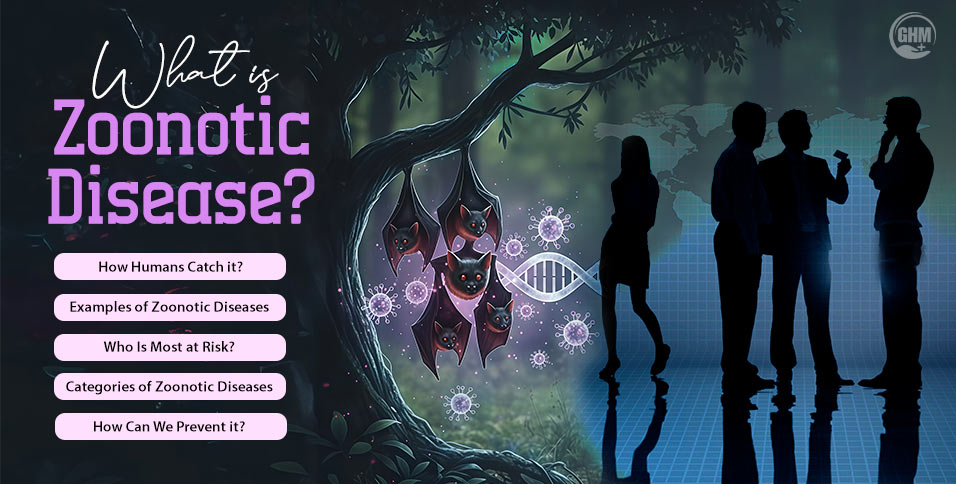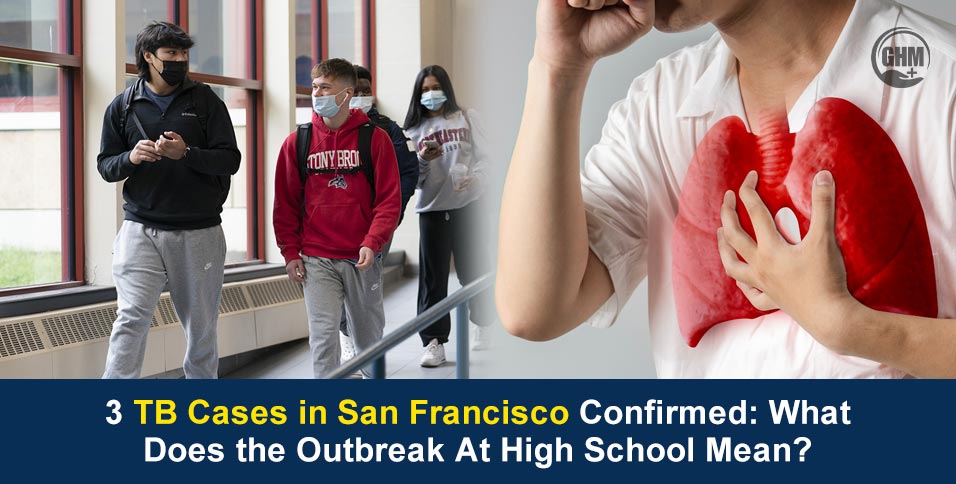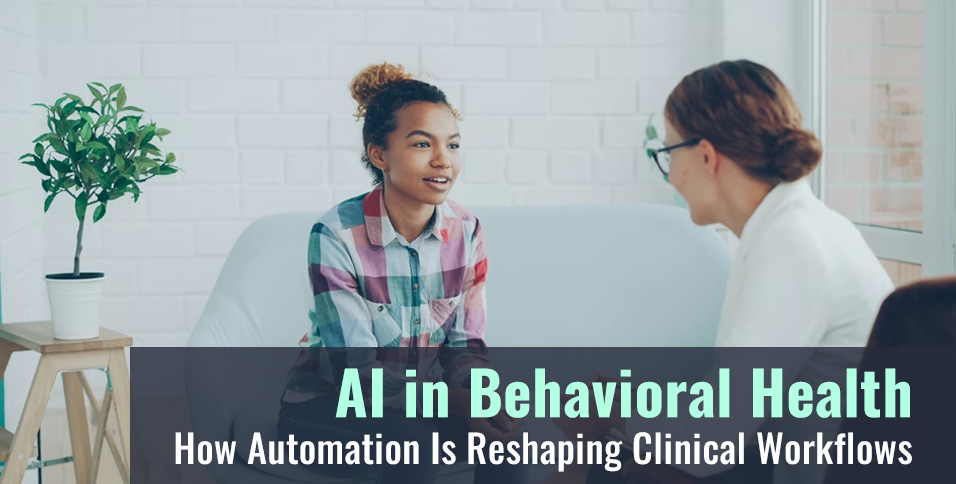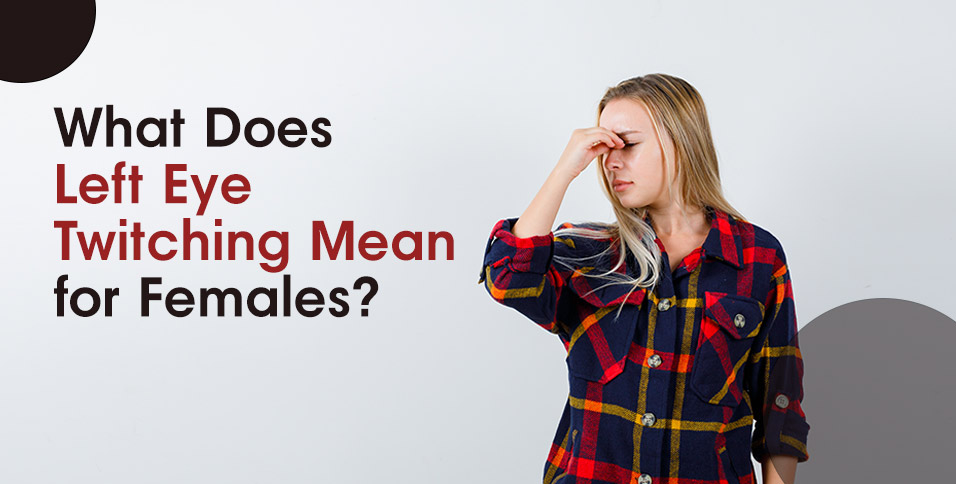A major shift in public health advice is now paying off in a big way. New U.S. research shows that reversing previous guidelines and encouraging early peanut introduction has led to tens of thousands fewer peanut allergies in kids over the last decade.
According to a new study by the American Academy of Pediatrics, following the 2017 early introduction guidelines by the National Institute of Allergy and Infectious Diseases has contributed to a 43% drop in peanut allergy prevalence among young children.
This doesn’t just mean fewer allergic reactions; it signals a major change in how healthcare systems may allocate time, costs, and resources in the future.
Fewer Peanut Allergies, Big Public Health Impact
In the early 2000s, parents were told to delay giving peanuts to infants, hoping to prevent allergic reactions. But the strategy backfired when peanut allergies in kids increased sharply.
In 2017, health experts reversed course, recommending introducing peanut-containing foods between 4 to 6 months for infants, particularly those at higher risk. This landmark policy shift is now showing measurable results.
- Peanut allergy prevalence among U.S. children aged 1–5 years has dropped from 2.3% to 1.3%.
- Researchers estimate that more than 15,000 cases of peanut allergies have been prevented so far.
- These results reflect what countries like Israel have already shown that early exposure builds tolerance.
Dr Matthew Greenhawt, an allergy specialist, expressed, “This is one of the strongest real-world examples of prevention through public health policy.”
This decline is more than just a medical statistic. It has ripple effects across healthcare systems, families, and national budgets.
How Healthcare Systems Could Save Billions
Food allergies, particularly peanut allergies in kids, are not just stressful for families; they’re expensive for healthcare systems. Emergency care, epinephrine prescriptions, allergist visits, and food labelling measures all contribute to the economic burden.
1. Fewer Emergency Room Visits
- Anaphylaxis, a severe allergic reaction, often results in ER visits and sometimes hospitalisations.
- With fewer peanut allergies in kids, emergency departments may see a significant drop in these high-cost incidents.
- According to U.S. health data, severe peanut reactions cost the healthcare system hundreds of millions annually.
2. Lower Lifetime Management Costs
- Children with food allergies often require lifelong management such as regular testing, allergist consultations, strict avoidance, and carrying epinephrine auto-injectors.
- Preventing the allergy altogether means avoiding years of medical costs.
- Experts estimate the annual cost of peanut allergy per child can range from $3,000 to $5,000, and they can add up over a lifetime.
3. Reduced Pressure on Allergy Services
- Fewer allergic children means shorter waitlists for allergy clinics.
- Paediatricians can shift focus from managing chronic allergies to other pressing child health issues.
- This also eases emotional strain on families and caregivers.
How Peanut Allergies in Kids Affect Quality of Life
Beyond dollars, the emotional relief for families is profound. Parents of children with peanut allergies often live with constant anxiety. reading every label, avoiding certain places, and carrying emergency medication everywhere is a part of their life.
A lower prevalence of allergies in kids means:
- More freedom in daily life, including school lunches, travel, and social events.
- Less bullying and stigma, which some children with allergies experience.
- Greater psychological well-being for children and parents alike.
A mother shared, “It’s not just about health. It’s about our entire way of living. Knowing your child won’t go into anaphylaxis is a kind of peace you can’t put a price on.”
Effect of Public Health Policies
The evidence strongly suggests that public health policies encouraging early food introduction can have long-term healthcare savings. When guidelines are followed widely, the burden of peanut allergies in kids can be dramatically reduced.
Why Policy Matters:
- Education campaigns for parents and paediatricians boost early peanut introduction rates.
- National guidelines help ensure equitable access to preventive care.
- Investment in awareness and outreach is more cost-effective than treating lifelong allergies.
Other countries are already taking note. Public health experts point to Israel’s early peanut introduction practices as a model that inspired the U.S. shift, and now, the U.S. results may influence global policy.
The Road Forward
Food allergies in kids are still a serious issue, but this is one of the clearest examples of prevention working.
The health system impacts go beyond fewer ER visits as they represent a shift from reactive care to preventive health.
Conclusion
This recent study on declining peanut allergies in kids is more than just good news for families, but a public health milestone.
By embracing prevention over treatment, healthcare systems can spend less, save more lives, and improve daily living for thousands of families.
When public health policies align with science, from children and parents to hospitals and national healthcare budgets, everyone benefits.

